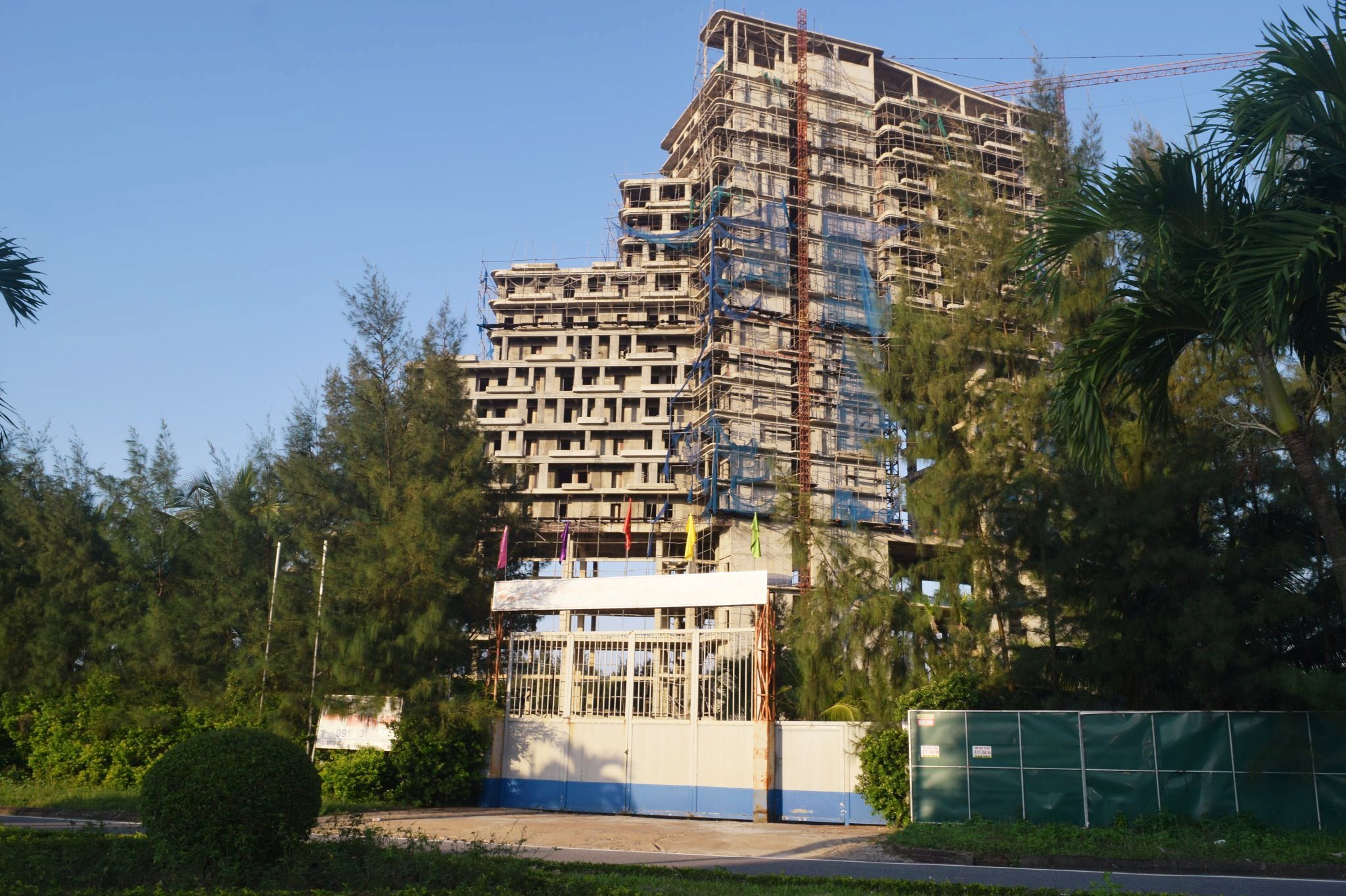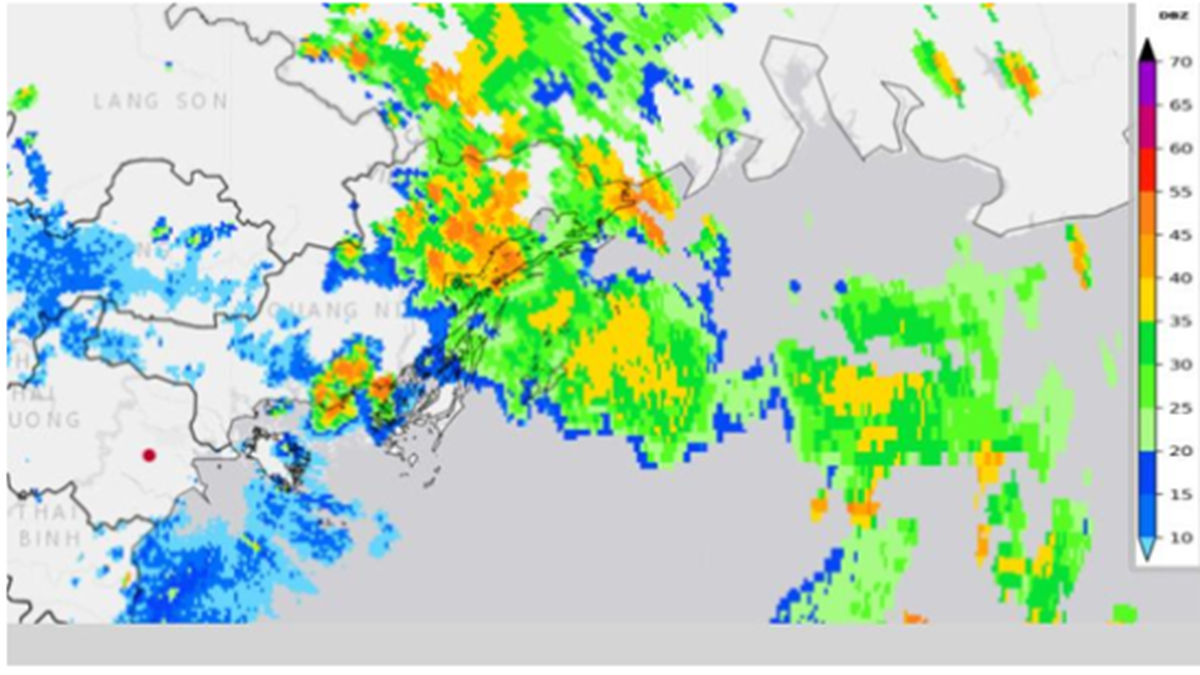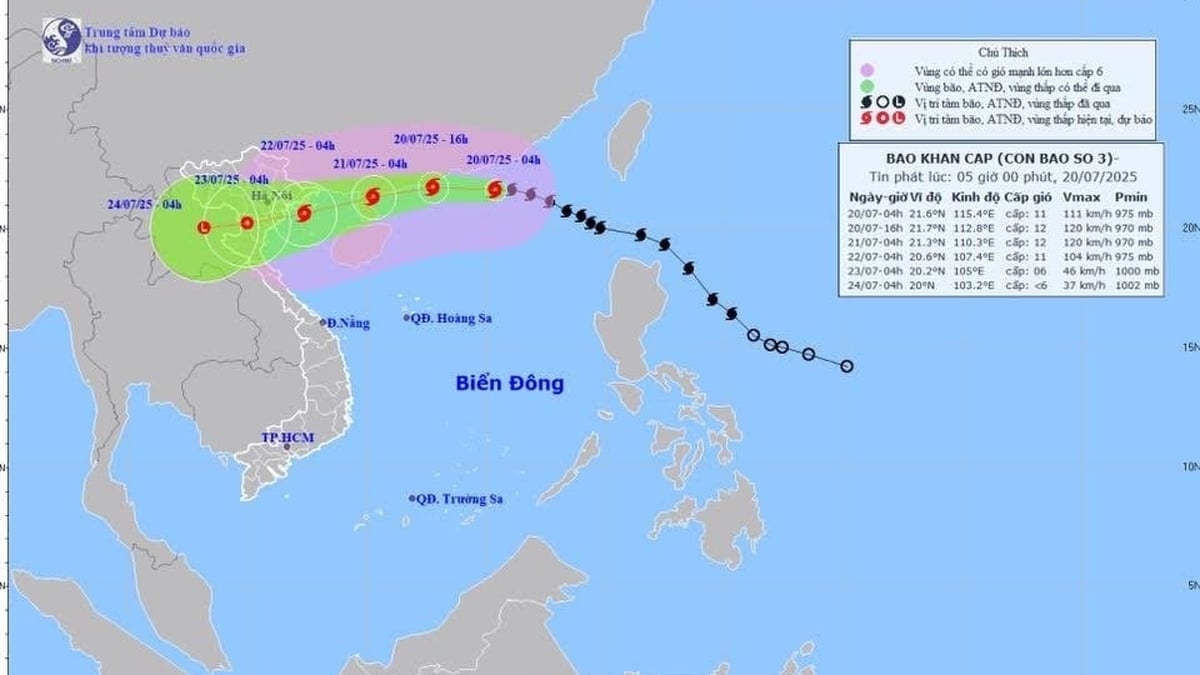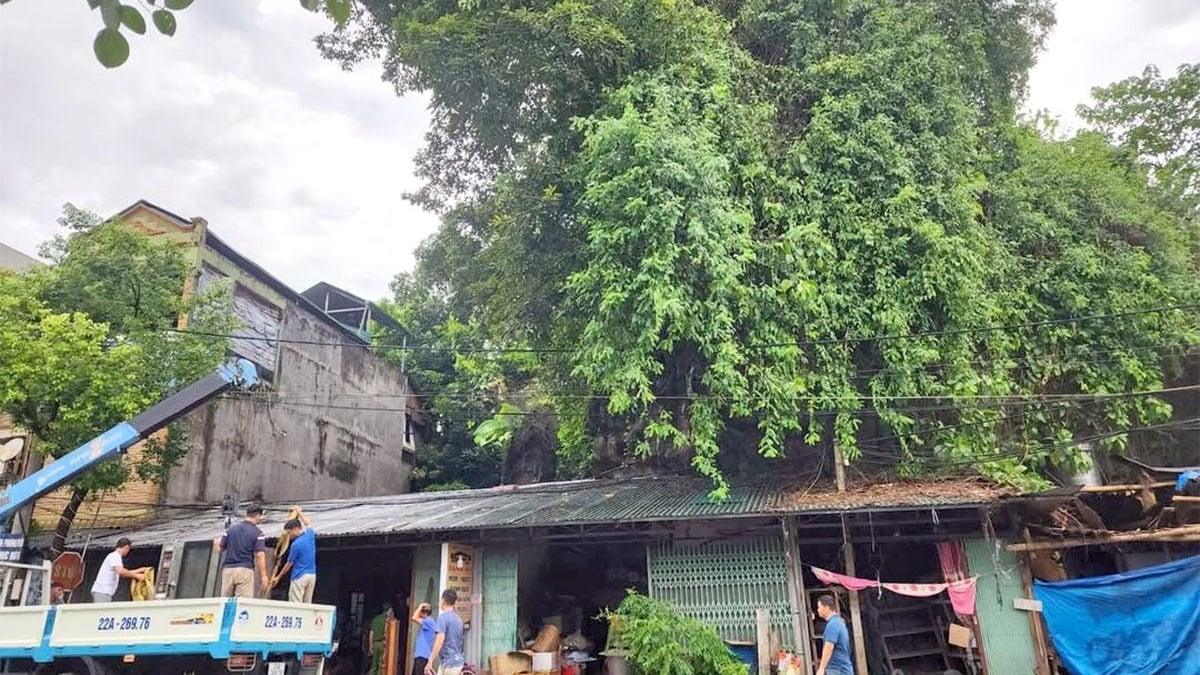According to information from the Quang Binh Provincial Tax Department, as of September 2023, the estimated state budget revenue in the province reached 3,437 billion VND, equal to 58.4% of the central budget estimate, equal to 52.9% of the provincial budget estimate, equal to 53.5% over the same period. The domestic revenue estimate managed by the Tax sector in 2023 assigned by the Ministry of Finance is 5,887 billion VND, excluding land is 3,387 billion VND; The Provincial People's Council and People's Committee assigned the estimate of 6,500 billion VND, excluding land is 3,500 billion VND.
Up to now, the total state budget revenue in this province has only reached 53.5% compared to the same period. Many revenue items have been low such as: Revenue from central state-owned enterprises, foreign-invested enterprises (FIEs), land rent, land use fees, registration fees...
Of which, land use fee collection is the highest assigned target, but it is estimated that by the end of September 2023, only over VND 1,390 billion will be collected (reaching 46.3% of the provincial estimate and 32% over the same period). For revenue from foreign-invested enterprises, the 2023 estimate is VND 370 billion, but it is estimated that by the end of September 2023, only VND 49.2 billion will be collected (reaching 13.3% of the provincial estimate and 42.4% over the same period).
Mr. Vo Van Son, Deputy Director of the Quang Binh Provincial Tax Department, said that the reason for the difficulty in collecting state budget revenues in the province and the low revenue collection is due to the general impact of the world and domestic economies , causing many enterprises to face difficulties in production and business, and large projects in the area have not yet come into operation.
In particular, in recent years, the main source of revenue increase has been from real estate transfer activities, but currently the real estate market is "frozen", land auctions, land allocation, and site clearance continue to stagnate, leading to revenue from land not meeting the set progress.

The Saigon - Bao Ninh Eco -tourism Project, invested by Saigon Quang Binh Tourism Joint Stock Company, was forced to pay more than 10 billion VND in taxes.
According to the Deputy Director of the Quang Binh Provincial Tax Department, the implementation of tax reduction and tax payment extension policies for enterprises such as: 50% reduction in environmental protection tax on gasoline and oil; 50% reduction in registration fees for domestically manufactured and assembled cars; 30% reduction in land and water surface rent in 2022 for land renters paying annually affected by the Covid-19 pandemic... and some tax exemption and reduction support policies of the Government also affect the State budget collection.
It is known that since the beginning of the year, the Tax Department of Quang Binh province has proactively implemented synchronous tax management solutions, strengthened propaganda and support activities, and promptly resolved tax exemption and reduction policies to support and remove difficulties for taxpayers. Along with that, reviewing and preventing tax losses, urging the collection of tax arrears, promoting the application of information technology to resolve tax administrative procedures...
Accordingly, from the beginning of 2023 to now, the Provincial Tax Department has had to issue 616 enforcement decisions, with a total enforcement amount of VND 1,069 billion to recover tax arrears; of which, enforcement by account deduction was applied in 496 cases, enforcement by notification of invalid invoices in 120 cases. In addition to regularly urging and reminding businesses to pay taxes; every month, the Quang Binh Tax Department also issues notices of debt and late payment of tax to each business and individual with tax debt; resolutely enforce and handle tax debt collection for businesses that are procrastinating, sluggish, and have tax arrears.
According to Mr. Vo Van Son, in the last months of the year, the Tax sector will continue to proactively follow the locality, review all revenue sources, especially extended and due revenue; continue to urge debt collection, promptly collect potential revenue sources, areas and types of taxes with revenue losses, such as: Real estate business, e-commerce, tourism services, etc.; coordinate with other sectors to remove difficulties in implementing projects in the locality, create favorable conditions for enterprises to develop production, generate revenue for the State budget; strengthen inspection work, prevent loss of State budget revenue.
The Provincial Tax Department proactively develops plans, closely coordinates with relevant agencies, departments and branches to effectively implement projects to combat revenue loss, focusing on the following areas: Restaurants, hotels, tourism services...
Along with that, the Tax sector will strengthen inspection and supervision of tax declarations of taxpayers, focusing on checking declarations with contradictions, business areas with potential signs of under-declaration of taxes; strictly manage newly established, dissolved, bankrupt, and inactive enterprises; promptly and properly implement procedures and legal policies on tax exemption, reduction, debt extension, and refund to facilitate the removal of difficulties for taxpayers; continue to promote electronic tax payment, electronic tax refund, electronic invoices and a number of other areas according to the plan of the General Department of Taxation.
The provincial Tax Department continues to coordinate with departments, branches and sectors to investigate and handle cases of tax fraud, invoices and documents, especially electronic invoices; urge and handle tax arrears of units that are slow to pay taxes, fees, land rent, mineral exploitation rights fees, and financial obligations according to the provisions of law; deduct and pay obligations to the State budget before paying capital in accordance with the provisions of law; promote propaganda, support and urge enterprises to carry out production and business activities to properly and fully fulfill their tax obligations to the State budget in a timely manner...
Source


































































































Comment (0)